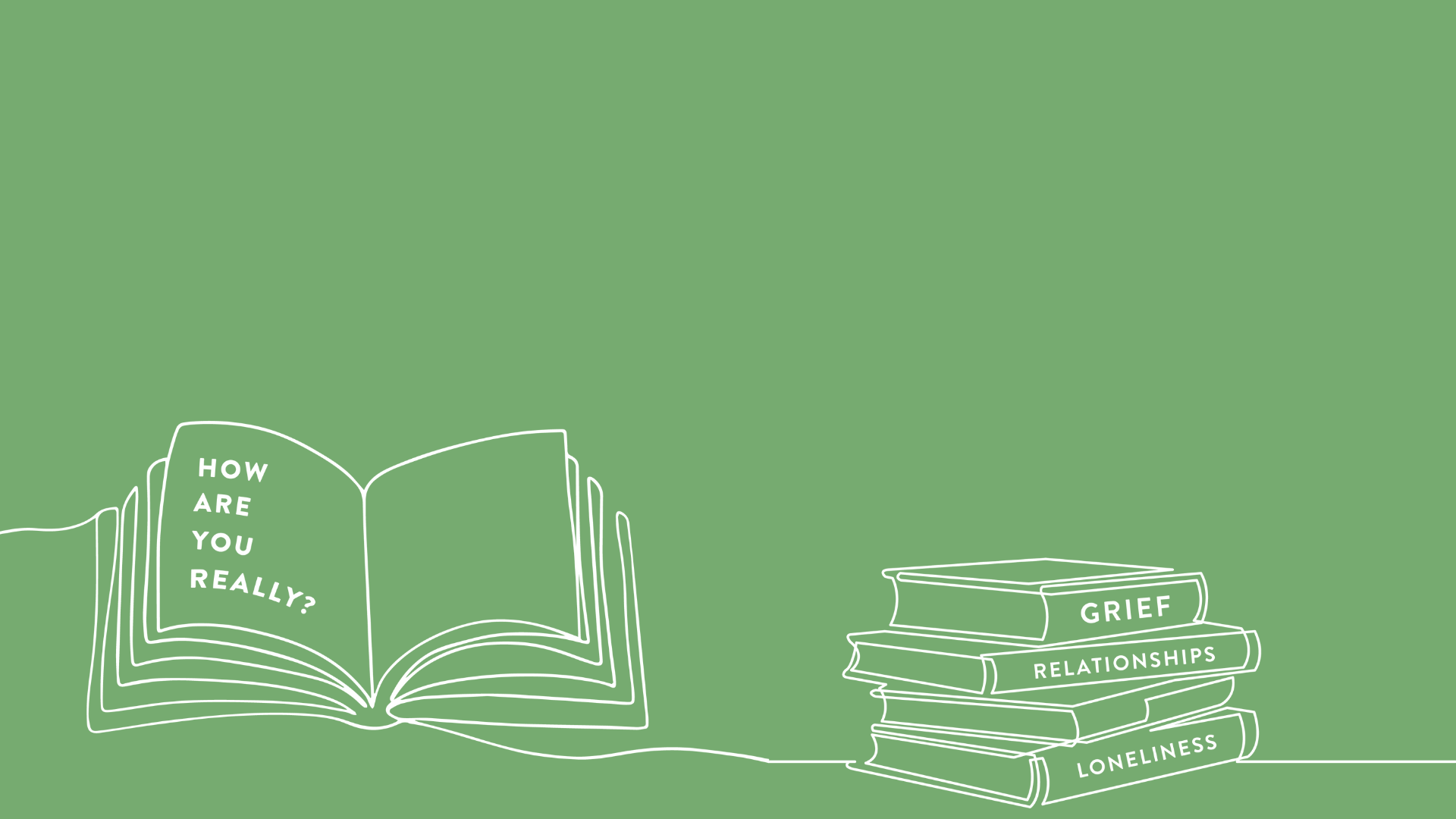
Time to get radically ungrateful
Ingratitude journaling works with this idea from Jung.
“Until you make the unconscious conscious it will direct your life and you will call it fate.” – Jung
It’s about bringing all of that pain, suffering or anger that you might stuff right down underneath a pile of gratitude lists, into the light. From here it can be observed, validated and released.
Writing things you’re ungrateful for won’t make them go away, but it will help give you direction. It will help you identify patterns, themes and things that are repeated. It will help you focus on the things you can change. It will move you from awareness into action.
It is about radical self-acceptance.

1. It’s a journaling remix not a re-work
Ingratitude journaling isn’t about going from 0 to 100 on the negativity scale, it’s about balance. Life is full of good, bad, beautiful and ugly things and reflecting that in our writing can be a really freeing practice.
Take it easy, don’t force it. You can continue with a gratitude journal alongside, you could even split a page in half and have ingratitude and gratitude alongside each other.

2. How do I start with ingratitude journaling?
Ingratitude journaling isn’t about going from 0 to 100 on the negativity scale, it’s about balance. Life is full of good, bad, beautiful and ugly things and reflecting that in our writing can be a really freeing practice.
Take it easy, don’t force it. You can continue with a gratitude journal alongside, you could even split a page in half and have ingratitude and gratitude alongside each other.
1. Every day, write a list of things you are not grateful for, things that make you miserable and furious — things you are frustrated with daily.
2. Read them back, divide the list into A. Things you can control and B. Things you can’t control.
3. Use list A to focus on the things in your life that you want to change.

3. Ingratitude journaling prompts to start with:
For list A:
- What motives you to make those changes?
- If you were lying on your deathbed and had not attempted to make those changes, how would you feel?
- Are you doing this for you or for someone else (neither is wrong but you should be aware)?
- Who can help you?
For list B:
- The work is finding a way to live with them. Finding a way to let them go. Finding a way to grieve what has been lost, what has never been or what might never be. These are things you might need extra support with.




